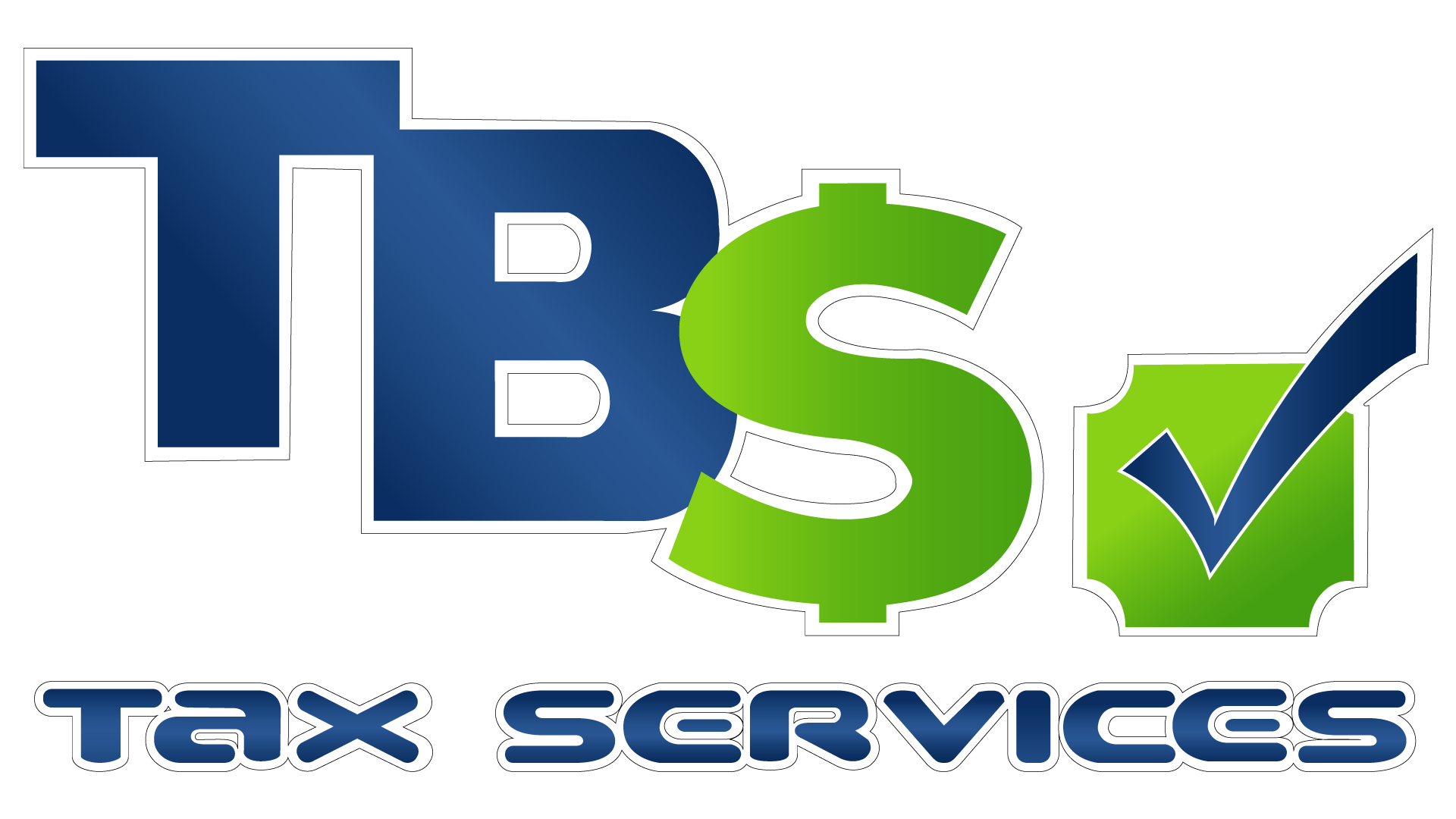Being a landlord can significantly bolster your savings, but it’s also a lot of work. On top of the finances and responsibilities of your own living space, you have to find tenants, secure insurance and pay a mortgage and property taxes. Renting a home can also complicate your personal tax situation. Luckily, Uncle Sam allows you to deduct some expenses associated with running a rental property. The IRS stipulates that deductible expenses must be ordinary and generally accepted in the rental business, along with being necessary for managing and maintaining the property. From mortgage interest and insurance to utilities and repairs, we’ll walk through some rental property tax deductions landlords should take advantage of. Consider also working with a financial advisor who can help manage the tax and financial impact of your real estate holdings.
Loan Interest
Most homeowners use a mortgage to purchase their own home, and the same goes for rental properties. Landlords with a mortgage will find that loan interest is their largest deductible expense. To clarify, you can’t deduct the portion of your mortgage payment that goes toward the principal loan amount. Instead the deduction only applies to payments towards interest charges. These components will be listed separately on your monthly statement, and are therefore easy to reference. Simply multiple the monthly amount by 12 to get your annual total interest.
In addition to mortgage interest, you can deduct origination fees and points used to purchase or refinance your rental property, interest on unsecured loans used for improvements and any credit card interest for purchases related to your rental property. Come tax time, you must have already spent money on these purchases to qualify. Since it can be tricky to determine what counts and how to file these extraneous interest charges, consider consulting an accountant or financial advisor to help.
Property Tax
Almost every state and local government collects property taxes. Depending on your rental property’s location, they can range anywhere from a few hundred dollars to hundreds of thousands. You can find the exact tax rate in your area by checking your escrow summary or inquiring with your tax professional. If your state has rental licensing requirements, you can also deduct any accompanying landlord or vacation rental license fees.
If you manage short-term rentals, your state, city, county or town may charge a fee known as occupancy taxes. Very similar to sales tax, you can deduct occupancy taxes too. Speaking of which, if you pay sales tax on business related items, wage and social security taxes for employees or inspection fees, be sure to deduct those as well.
Insurance Premiums
Lenders can stipulate that homeowners get an insurance policy before securing their mortgage. Luckily, any form of insurance is considered an ordinary and necessary rental property expense and thus, is deductible. The deduction applies to basic homeowners insurance as well as special peril and liability insurance.
If you have employees, you can deduct the cost of their health and workers’ compensation insurance too. Although insurance premiums tend to be a bit higher for rentals, this boost can help offset that. Landlords can also deduct losses, including those caused by hurricane, earthquake, flood and theft.
Depreciation
Over time, wear, tear and obsolescence lowers the value of your rental property and its contents. This process, known as depreciation, is tax deductible. You can claim depreciation as soon as your home or apartment is available for rent, even if you don’t have any tenants yet. The deduction can be taken for the expected life of the property, but it must be spread out over multiple years. It’s important to note here that the value of the structure can depreciate, but not the value of the land.
You can also claim the value of equipment that helps you run your rental business, like your computer or automobile, as well as improvements you make to the property that add value, adapt its use or extend its life. This could include installing a new roof, adding furniture or updating the household appliances. To qualify as a deductible expense, it must be expected to last for more than a year, be valuable to your rental business and lose value over time. IRS Publication 946, “How to Depreciate Property,” can help you navigate this sometimes convoluted process.
Maintenance and Repairs
While home improvements are deductible through depreciation, the tax code does allow you to deduct certain repair and maintenance costs separately. The big difference is that these efforts keep your property in rentable condition, but do not add significant value. Think painting, tuning the plumbing, cleaning HVAC filters, spraying for pests and landscaping.
If you hire someone else to do the work, you can deduct the labor costs. The same goes for property or on-site managers, should you choose to hire one. If you take the “do-it-yourself” approach, you can deduct any rental fees for tools and equipment. Homeowner association and condo fees would are also deductible following the same principle.
Source: smartasset.com

